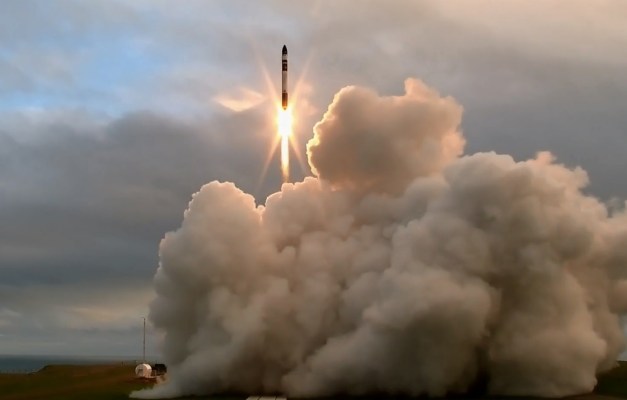Rocket launch startup Rocket Lab is moving from its initial testing phase into proper commercial operations with its next mission. The company’s past two launches, “It’s a Test” and “Still Testing” were (you guessed it) primarily tests of its Electron launch craft vehicle and launch process, but its next mission, dubbed “It’s Business Time” (kudos if you get the New Zealand connection) will ferry two Lemur-2 cube satellites to space for customer Spire Global.
The launch’s full manifest will be revealed over the net few weeks, but it’s being set in a relatively short time span compared to what it would take for other competing launch models, which is part of what Rocket Lab is bringing to market from a value proposition perspective. Rocket Lab’s Electron vehicle has a much lower payload capacity compared to something like SpaceX’s Falcon 9, but it’s more nimble as a result, with faster build times and easier launch schedule management since Rocket Lab owns and operates its own private launch complex on New Zealand’s Māhia Peninsula.
The next launch should take place sometime in “the coming weeks,” according to the startup, and the goal is then to increase the pace of its launch schedule and scale up Electron production. Rocket Lab’s goal is to build 100 Rutherford engines at its Huntington Beach, CA production facility and HQ, with each Electron equipped with 9 Rutherford’s on the first stage and one on the second designed for in-vacuum use.
Ultimately, Rocket Labs’ goal is to be able to turnaround an Electron launch at very high frequency – its private launch site is licensed for a flight every 72 hours. The company is hoping low-cost and volume can help it earn a big chunk of the micro and cubesat launch business, where other launch options can currently be cost-prohibitive and massively inconvenient.
